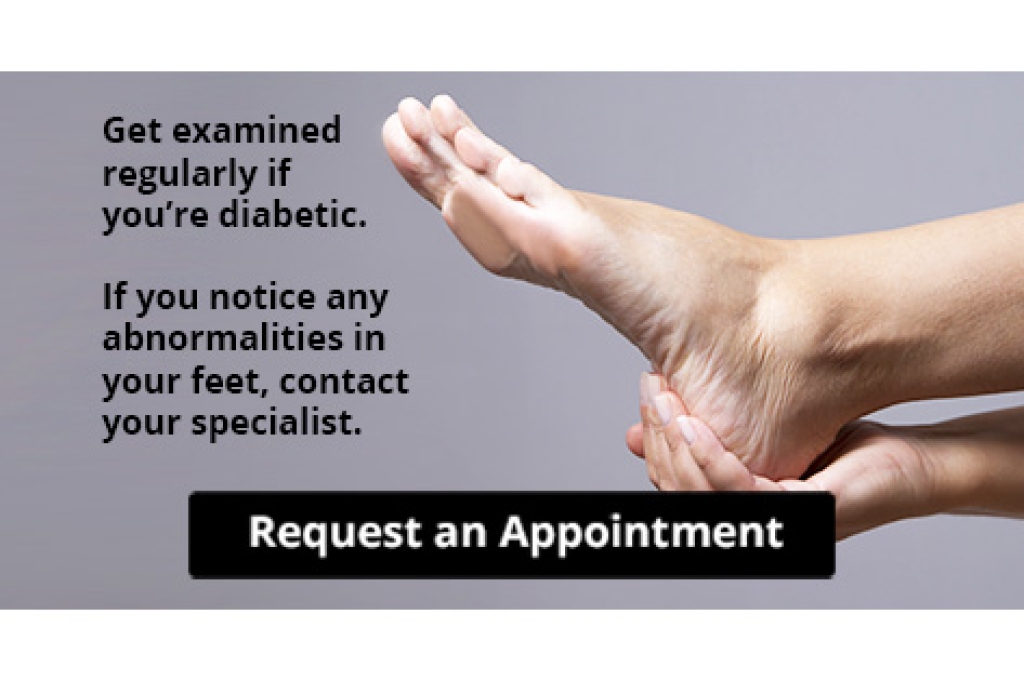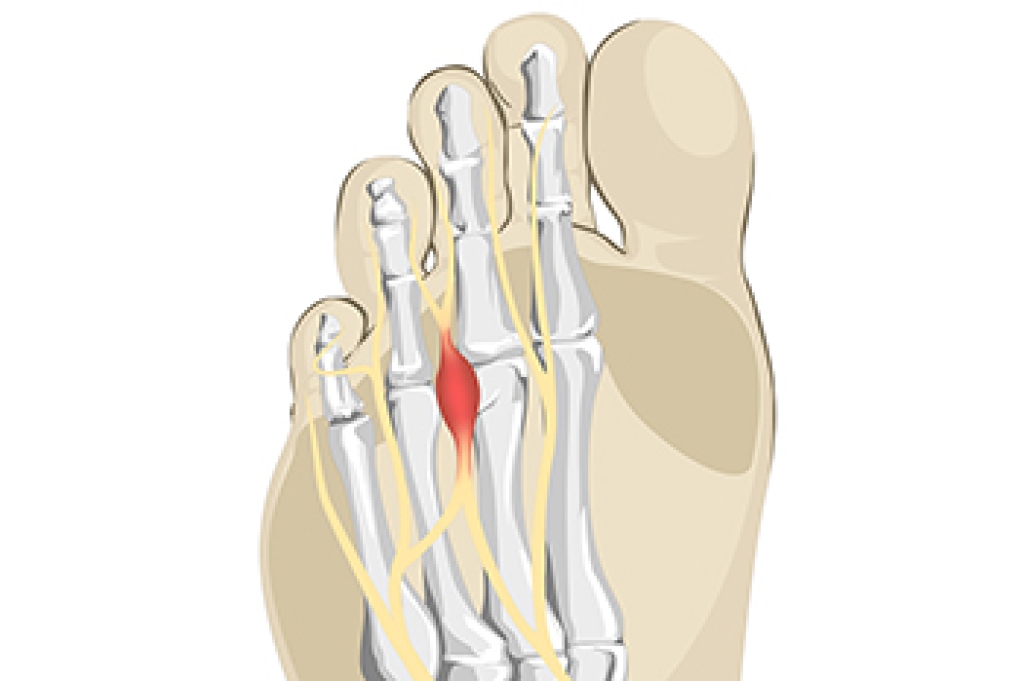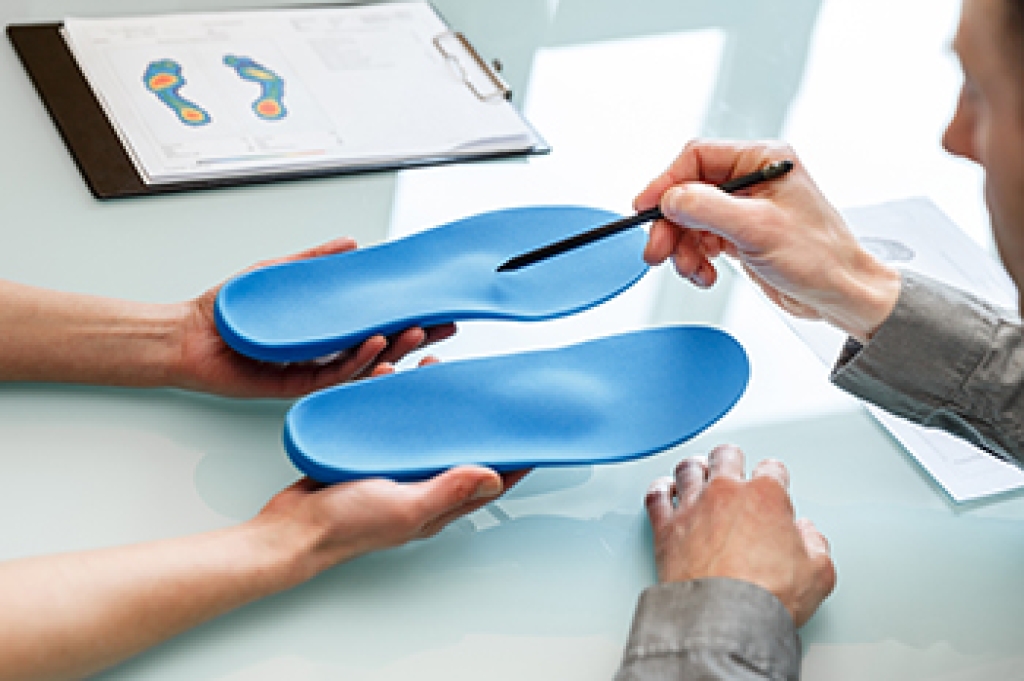
Gait problems in children are a common concern, particularly during early development stages. Common issues include in-toeing, where the feet turn inward and out-toeing, where the feet turn outward. Flat feet, where the arch of the foot is not well defined, is another issue that deserves attention. While many children exhibit these patterns as their feet and leg muscles strengthen, these issues often resolve as the child grows. However, persistent or severe gait abnormalities can lead to discomfort, tripping, or difficulty keeping up with other children. A podiatrist can assess your child’s gait pattern to determine if intervention is needed. This foot doctor may recommend exercises, custom orthotics, or other treatment to improve foot function and help with any pain. Catching these problems early can prevent long-term complications and ensure that your child’s feet develop correctly. If your child is exhibiting signs of gait abnormalities, it is suggested that you schedule an appointment with a podiatrist for an exam and diagnosis.
Making sure that your children maintain good foot health is very important as they grow. If you have any questions, contact Braden Jenkins, DPM of The Ridge Foot & Ankle Center. Our doctor can provide the care you need to keep you pain-free and on your feet.
Keeping Children's Feet Healthy
Having healthy feet during childhood can help prevent medical problems later in life, namely in the back and legs. As children grow, their feet require different types of care. Here are some things to consider...
Although babies do not walk yet, it is still very important to take care of their feet.
Avoid putting tight shoes or socks on his or her feet.
Allow the baby to stretch and kick his or her feet to feel comfortable.
As a toddler, kids are now on the move and begin to develop differently. At this age, toddlers are getting a feel for walking, so don’t be alarmed if your toddler is unsteady or ‘walks funny’.
As your child gets older, it is important to teach them how to take care of their feet.
Show them proper hygiene to prevent infections such as fungus.
Be watchful for any pain or injury.
Have all injuries checked by a doctor as soon as possible.
Comfortable, protective shoes should always be worn, especially at play.
If you have any questions, please feel free to contact our office located in Idaho Falls, ID . We offer the newest diagnostic and treatment technologies for all your foot care needs.




